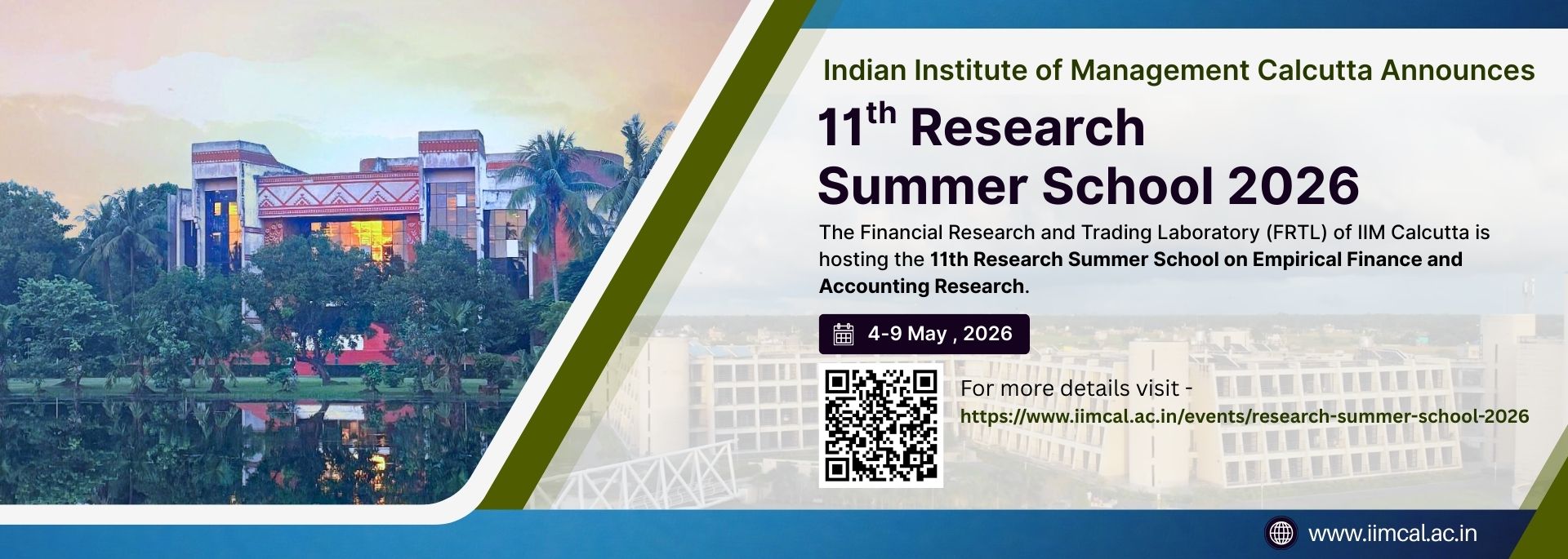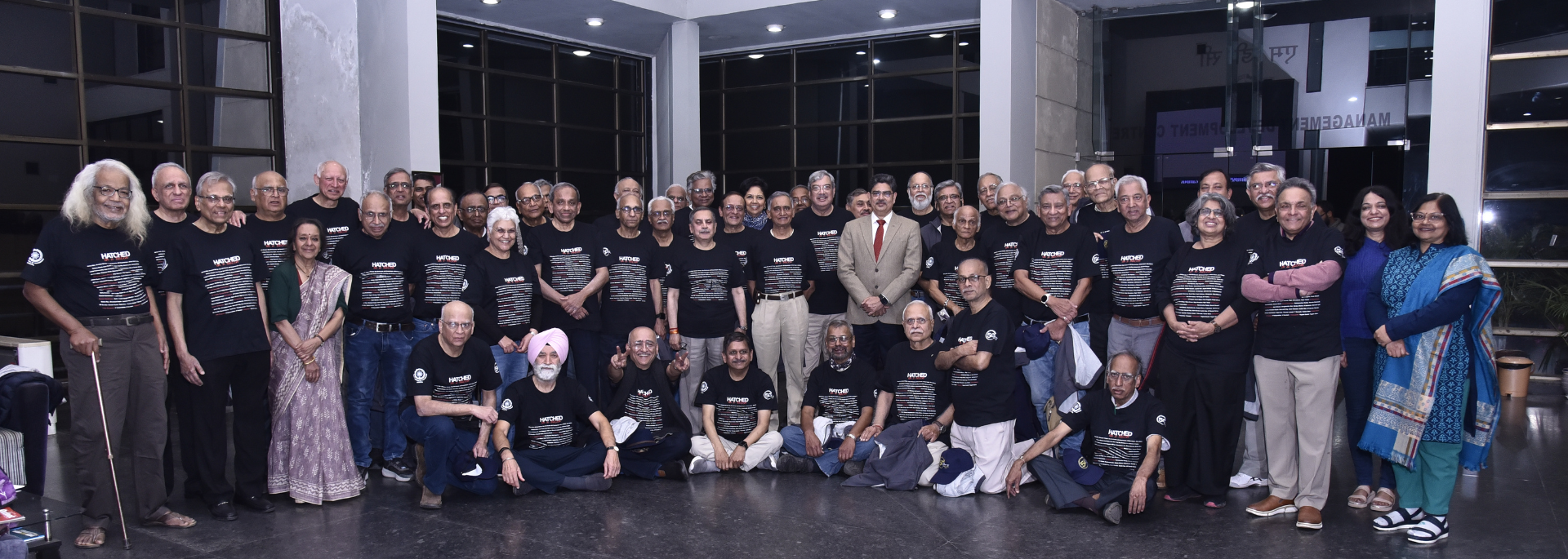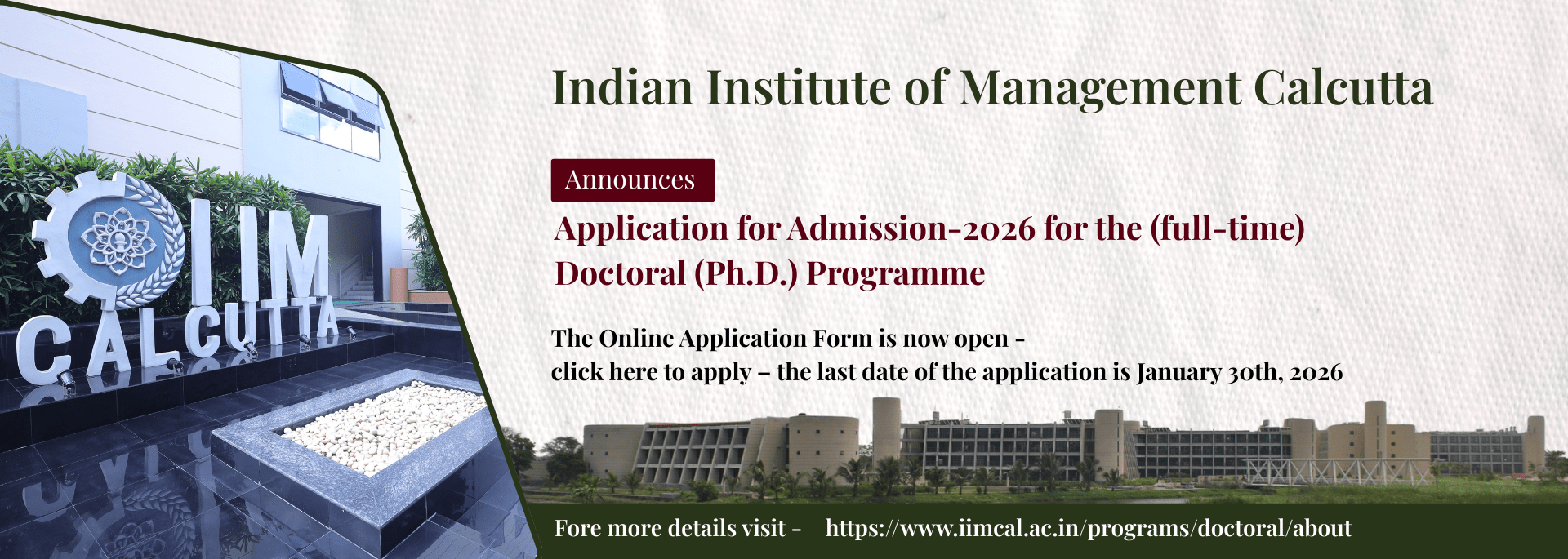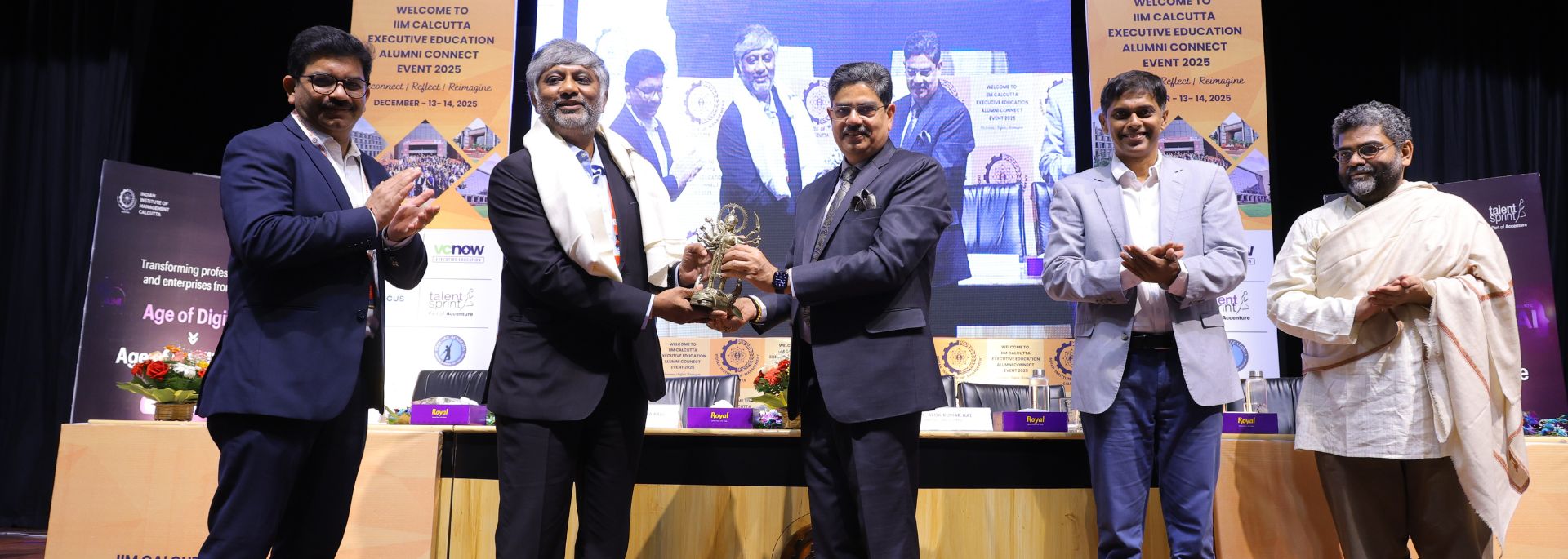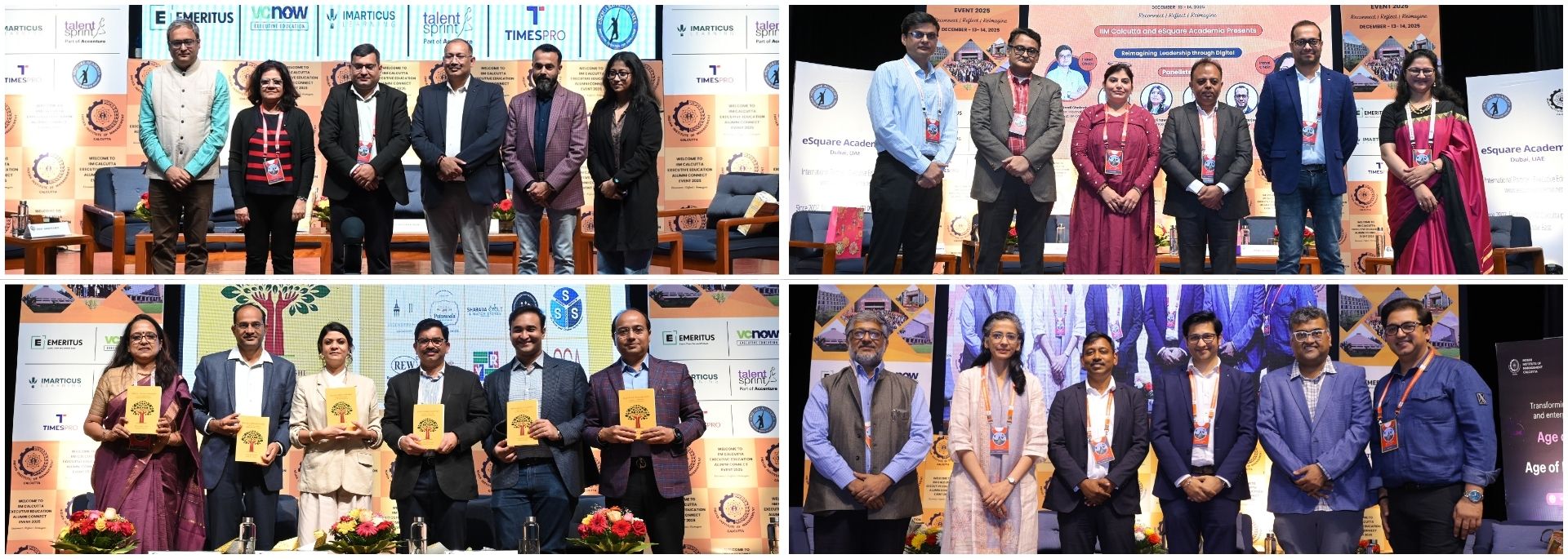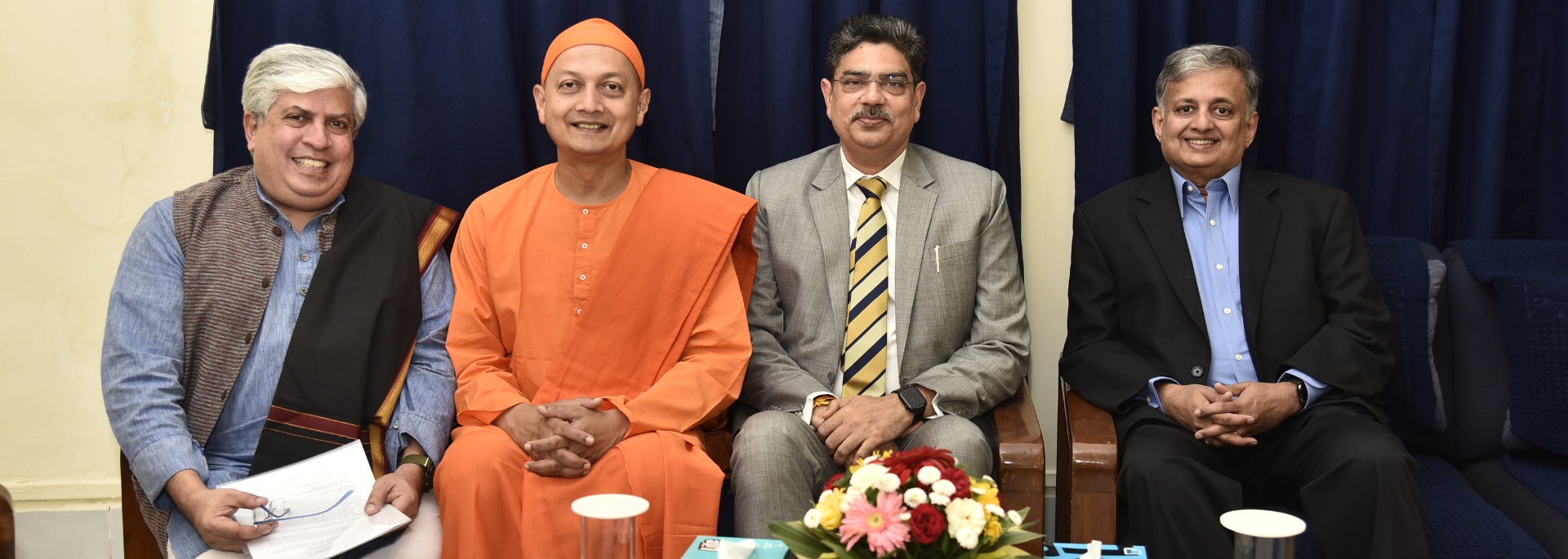A mid-career executive can no longer depend on the basic qualification. Whether you do a short-duration programme, a long-duration online course or a full-time diploma after quitting your job depends on what you want from your career, says Amit Dhiman, associate professor, human resource management, IIM Calcutta (IIMC)
Why should a mid-level employee consider a part-time course or a training programme?
In sectors with high growth potential, prerequisites from employees are also fast changing, in terms of skills and knowledge. It implies a mid -career executive cannot just remain dependent on her basic education. It is imperative they keep on renewing their skills and knowledge to keep themselves employable.
What are the tangible benefits a candidate can expect from such courses?
The course objectives will be different for different kinds. A short-duration programme focused on a specific skill set would help the executive acquire specific skills that can help her in her current role. A long-duration online certificate course or diploma can provide a certificate or diploma thatwould have value to a mid-career executive to grow in the same career, or change the career or industry.
How much does the choice of institute matter in this case?
It matters a great deal. One is an assurance of quality faculty, contemporariness of content both from research and practice perspective, and best in class infrastructure, including library if it is a residential programme. Second, an advantage beyond quality of content delivery from the much higher market value of certificates and diplomas one gets from best in class management institutions.
How good are the online courses several institutes offer?
IIMC itself offers many online courses. One major online course for experienced mid-career executives is in its 20th offering and each batch has had 250 or more participants. So, executives have kept on enrolling for these courses. This is an indirect evidence of acceptance and recognition of such courses by business.
What should candidates consider before leaving their jobs to purse higher studies?
You should be very clear about the objective for which you are going on a specific course. Is it brushing your knowledge or skill in your area of work or is it doing a certificate or diploma in a completely new area that is growing? If you have considerable prior experience in one sector, it is always more difficult to switch to a different one after such a diploma or certificate than to remain and grow in the same industry. Do the homework and don't go only by the name of the institute. Talk to people who have already done a particular course about how it has benefitted them. Full-time one-year executive courses from a top-rung institute can easily mean an investment of Rs 30-35 lakh, including fees, opportunity cost of lost earnings and other expenses.


